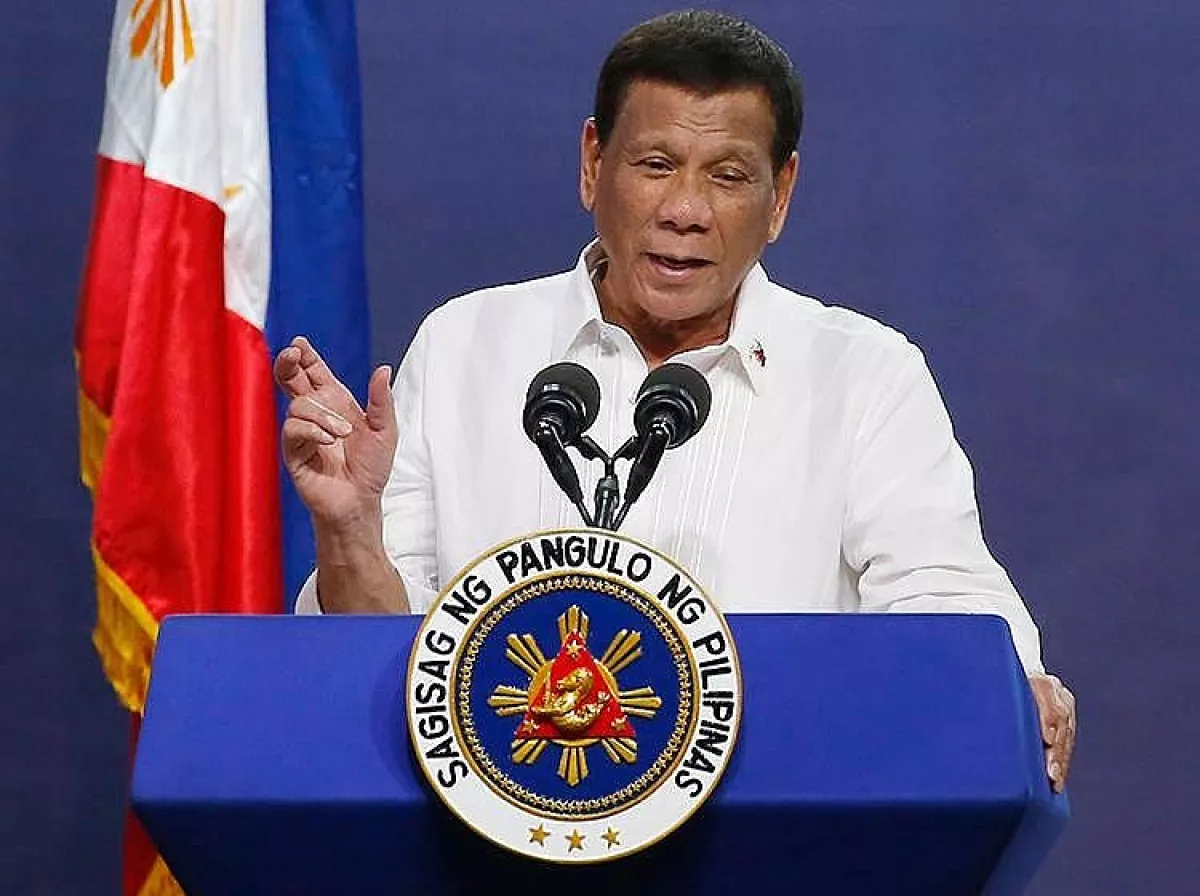Duterte, Marcos dynasties clash amid midterm-elections Power struggle in Philippines
The ongoing power struggle between two of the Philippines’ most dominant political families — the Dutertes and the Marcoses — has taken centre stage in the country’s midterm elections, with early results reflecting a deepening feud and a nation divided between dynastic loyalties.
Despite being detained at the International Criminal Court (ICC) in The Hague, former President Rodrigo Duterte is on track to win the mayoral seat in Davao City, his political stronghold. Duterte, who served as mayor of Davao for 22 years before becoming president, received more than 65% of the vote. According to Al Jazeera, this reaffirms his enduring popularity in the southern city and even though the duties of mayor are expected to fall to the city’s vice mayor, his son Sebastian Duterte due to the senior's detention, it only further goes to cement the family's local power base.
The Dutertes’ political influence goes well beyond Davao. With 97% of the national vote counted, five Senate candidates aligned with the Duterte family, including close ally Christopher “Bong” Go, are poised to secure seats. Although President Ferdinand Marcos Jr..’s camp is projected to win six of the twelve contested Senate seats, the Dutertes’ strong showing ensures they remain a formidable force in national politics.
These results offer a political lifeline to Vice President Sara Duterte, Rodrigo Duterte’s daughter, who is facing a potential Senate impeachment trial in July. She stands accused of various crimes, including the misuse of public funds and alleged involvement in a plot to assassinate President Marcos Jr., the son of the country’s former president Ferdinand Marcos Sr., who ruled from 1965 to 1986, including under martial law for several of those. A two-thirds Senate majority is required for her removal—an outcome now looking increasingly uncertain given her camp’s electoral performance.
Sara Duterte has accused the Marcos administration of orchestrating a political vendetta, claiming the impeachment is part of a broader campaign to weaken the Duterte dynasty. This accusation gains credibility against the backdrop of her father’s March 11 arrest by the Marcos administration and extradition to the ICC, where he faces crimes against humanity charges over the deaths of thousands during his brutal anti-drug campaign between 2016 and 2022.

The ICC investigation, covering the period 2011 to 2019, also includes Duterte’s tenure as mayor of Davao. Official police records report 7,000 deaths from anti-drug operations, though human rights groups estimate the real figure exceeds 30,000. Despite Duterte’s 2019 withdrawal of the Philippines from the ICC, the court maintains jurisdiction over alleged crimes committed prior to the withdrawal under the Rome Statute.
Initially, Marcos Jr. opposed ICC jurisdiction, aligning with the Duterte stance. However, as relations between the families deteriorated, Marcos reversed his position, allowing Duterte’s extradition—a move widely interpreted as politically motivated and reflective of their deepening rift.
From allies to foes
The two camps' alliance, forged during the 2022 presidential campaign when Sara Duterte served as Marcos’s running mate, began to fracture over key policy differences. Marcos distanced himself from Duterte’s hardline war on drugs and took a more moderate approach. The final blow came with the arrest of Apollo Quiboloy, a controversial religious leader and Duterte’s spiritual adviser, who was charged with sex trafficking. Marcos’s perceived role in that arrest further alienated Duterte supporters, leading to the complete collapse of the alliance.
Amid the escalating feud, the midterm elections have exposed a deeply polarized political environment. With 69 million registered voters and over 18,000 elective positions contested—including 12 Senate seats and all 317 House seats—the elections serve as a referendum on the direction of the country's leadership.
In essence, while both dynasties remain powerful, the elections underscore a volatile shift in alliances, and the Marcos-Duterte feud is reshaping the nation’s political landscape—potentially all the way to the 2028 presidential race.
By Nazrin Sadigova








